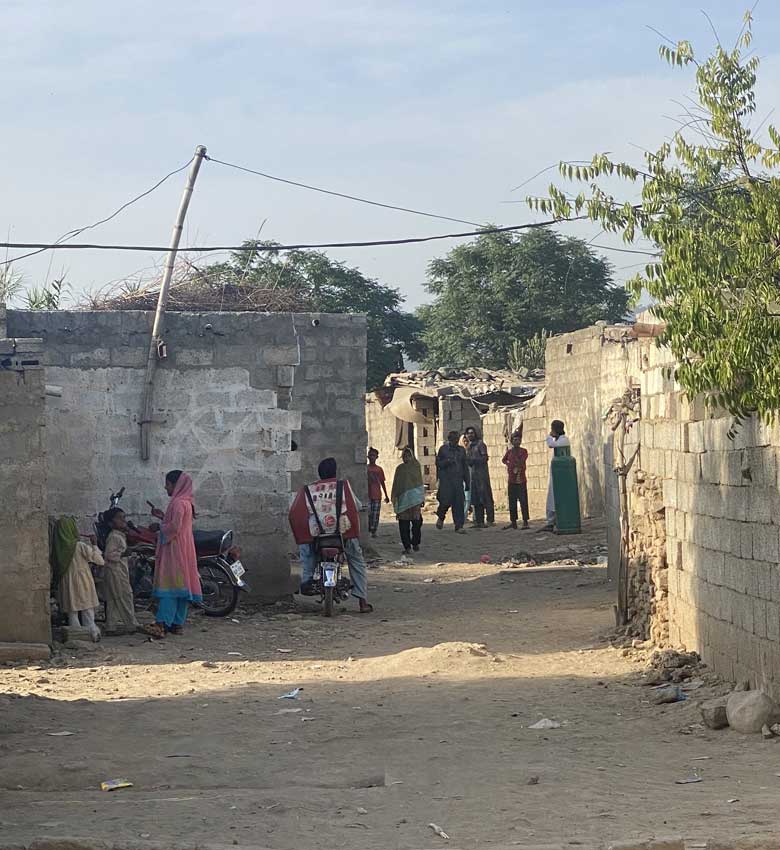
Mapping Displacement is an effort to document cases of human displacement in Pakistan, forced by climate or conflict events. This attempt will map the ecosystem of violence around displaced communities and the struggle to find and maintain living space in Pakistani society.
The South Asian country's big cities, like Karachi in the south and Islamabad in the north, face a displacement crisis and becoming overcrowded at a fast rate. Besides finding housing, displaced families need jobs and support to settle in their new cities. Its impact on the social structure is notable, especially when one calculates its imprint on language, culture, business and demographics.
These displacements are mostly sporadic, so much so that governments, host communities, and cities are often unprepared for them. Resistance by host communities has been noticed, as the displaced are considered a resource burden. The outcome is usually a compromised law and order situation, poor governance, and depleting infrastructure. Such migratory patterns, which seem temporary but have a more permanent impact, decrease citizens' ownership for the neighborhood and make it just a temporary place for countless. All this has an adverse effect on the neighborhood and the city at large. Urban vulnerabilities increase. This often seems to compromise the resilience of societies and put them in a fragile state, unable to meet the applicable Sustainable Development Goals set by the United Nations. Especially those concerning poverty, health and wellbeing, equality, clean water and sanitation, sustainable cities and communities.
